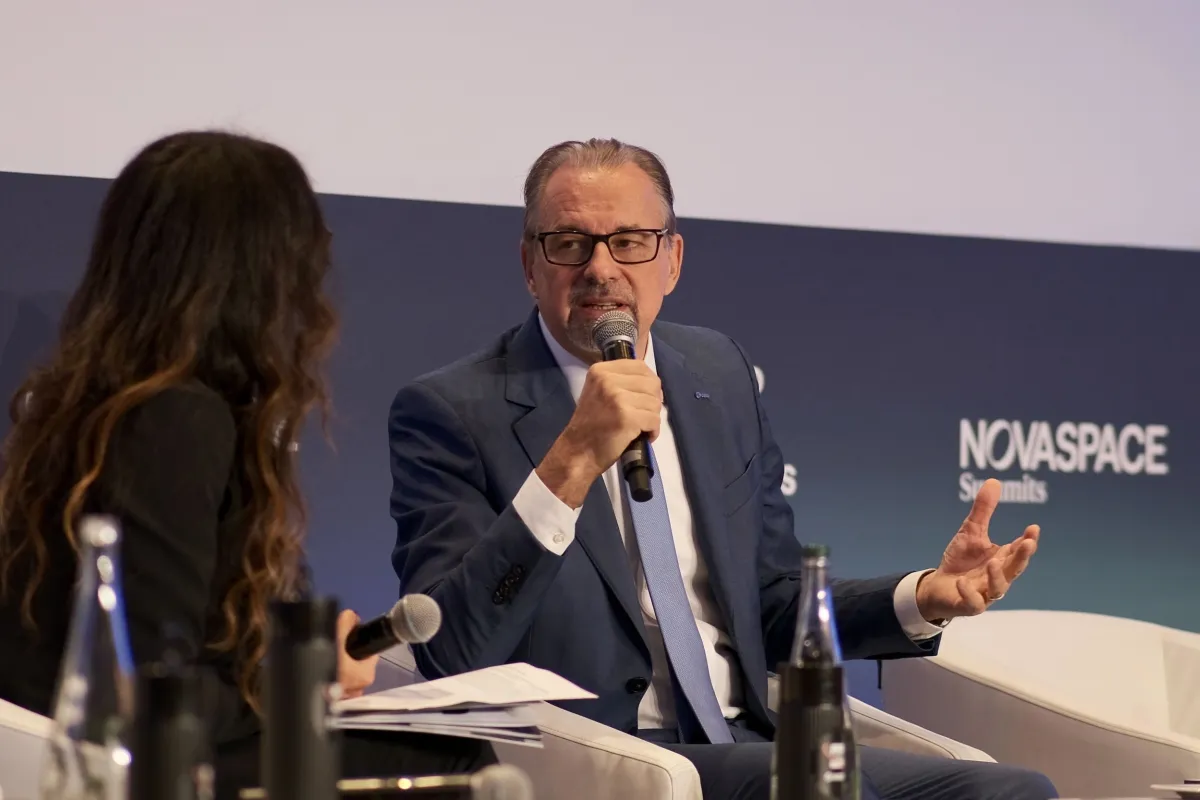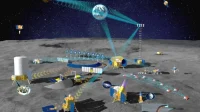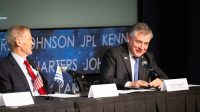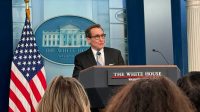he European Space Agency (ESA) is preparing for an upcoming European launch competition, which will serve as an early test of its efforts to revise its long-standing policy of georeturn, where member states are guaranteed contracts in proportion to their contributions to ESA programs.
The georeturn policy has faced criticism, particularly from European companies, who argue that it creates inefficiencies that hinder competitiveness. A report from the European Commission in September, known as the Draghi report, concluded that georeturn harms the European space industry's competitiveness and recommended that ESA move away from the policy.
“The policy is a source of economic inefficiency and harms the competitiveness of the European space industry,” the Draghi report stated.
ESA Director General Josef Aschbacher addressed the issue during a Dec. 18 briefing following the ESA Council meeting, confirming that the agency would work on simplifying georeturn policies in 2025 ahead of a ministerial meeting in November. “This tiger team has recommended that ESA is simplifying its implementation of georeturn,” Aschbacher said, referring to a group of industry and ESA representatives tasked with reviewing the policy.
While georeturn remains important to member states, Aschbacher suggested that the policy could be applied in a more streamlined way, such as in broader “envelope type of programs” rather than on a project-by-project basis. This approach has received support from ESA members, and the agency plans to implement it in the coming year.
Géraldine Naja, ESA's Director of Commercialisation, Industry, and Competitiveness, emphasized that georeturn remains a core principle of ESA's industrial policy but that it must evolve to remain compatible with competitiveness. “The goal is to make sure that georeturn becomes fully compatible with competition and competitiveness,” Naja said.
A key component of ESA's updated approach is the “fair contribution” model, where ESA first conducts competitions for projects and member states contribute based on how companies from their countries perform. Naja confirmed that fair contribution will be part of ESA's proposal for broader georeturn changes at the November ministerial meeting.
The European Launcher Challenge, which will support the development of new launch vehicles by European countries, will be the first competition to adopt the fair contribution model. ESA plans to issue an invitation to tender (ITT) for the competition in February, which will allow industry participants to freely form consortia and propose their projects without the constraints of georeturn.
“There will be no constraints on georeturn in this ITT,” said Toni Tolker-Nielsen, ESA Director of Space Transportation. “Industry is completely free to form consortia and they will propose to us based on that.”
In preparation for the competition, several countries are already investing in the development of launch technologies. The German government announced on Dec. 19 that it would allocate 95 million euros ($98 million) to ESA's “Boost!” program, aimed at supporting German launch companies such as HyImpulse, Isar Aerospace, and Rocket Factory Augsburg.
Anna Christmann, the federal government coordinator for aerospace in Germany, noted the importance of securing technological sovereignty in Europe: “With the European Launcher Challenge of ESA and the strengthening of the German micro-launchers, we offer the best conditions for this.”
ESA's updated georeturn policy and the European Launcher Challenge are part of ongoing efforts to enhance the competitiveness of Europe's space industry while maintaining strong collaboration among member states.







